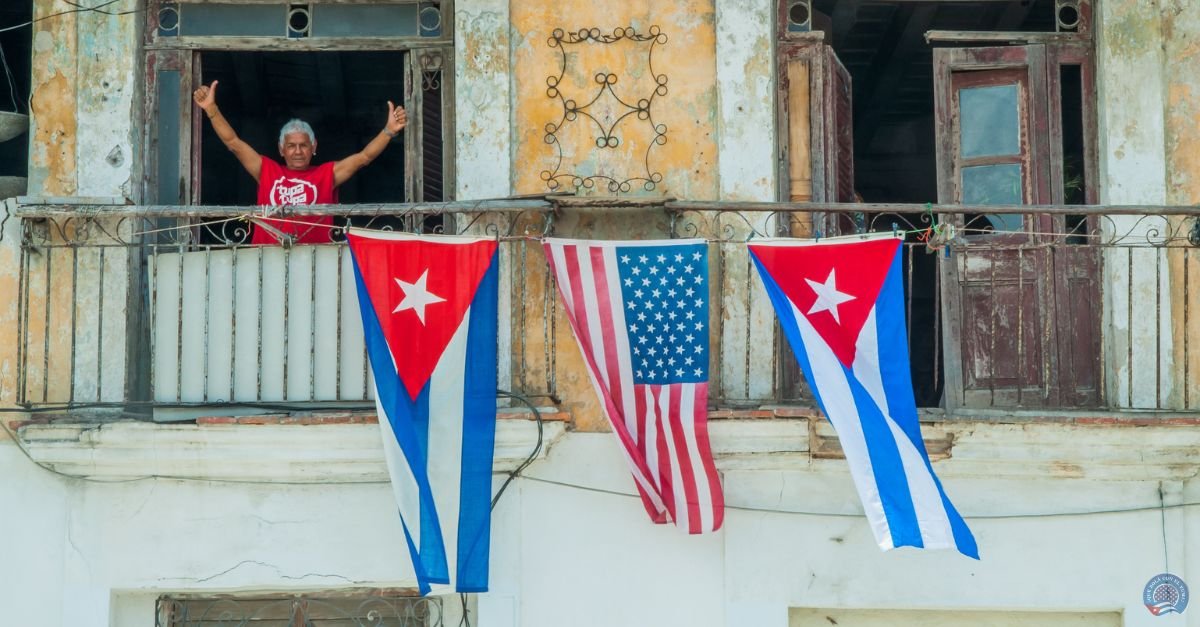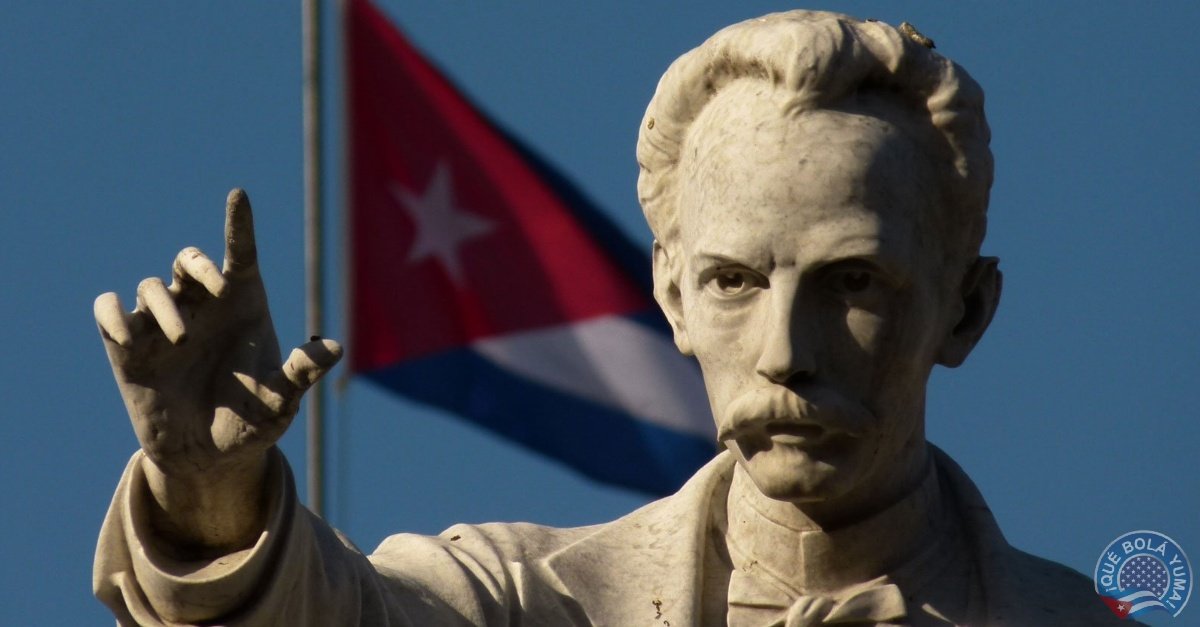Americans say “hi,” Spaniards say “hola,” the French say “salut,” and Koreans say “안녕하십니까” 🧐, but we, Cubans, simply say “¡asere qué bolá!” 👋.
There is a broad and growing vocabulary to describe and name different aspects of life, but when it comes to greetings, “asere qué bolá” is the most commonly used by the islanders, whether in Cuba, in the Yuma, or in China.
Cubans also use other phrases to greet, such as “¡Qué bolón!”, “¡Qué bololero!”, “¿Cómo está la cosa?”, “¿Qué hay?”, among other greetings, but none of these beats the protagonist of this article.
“Asere qué bolá” is simply a phrase that Cubans use to greet someone informally. It is often invoked when a Cuban greets a fellow countryman. It is also used to greet someone from another nationality, but who is already known or has enough trust to use it. This phrase characterizes us so much that people from other countries also mention it to greet a Cuban with whom they have confidence, a popular and playful greeting. 😉
[sc name=”art-cubanos” ][/sc]Although this phrase is mostly used for greetings, it can also be employed to complain or express displeasure about something one disagrees with. The same phrase can have a different meaning, depending on the context and how it is said. An example to understand this case would be: “Asere qué bolá! When are you going to pay me the money you owe me? 😠”
This greeting phrase “a lo cubano” has transcended the boundaries of our popular language. “Asere qué bolá” makes an appearance in songs, in series and movies, and has even reached the mouths of prominent personalities paying tribute to our dictionary by mentioning this phrase.
Every self-respecting Cuban honors this greeting phrase and seizes every opportunity to teach it to those who are not islanders but are interested in our unique and special way of speaking.
No matter which street of this world you are walking down, if you hear a “¡Asere qué bolá!”, it’s likely a Cuban in the vicinity greeting someone or expressing a complaint. 🇨🇺
We conclude this brief but explanatory article to understand the meaning of “asere qué bolá” with a Cuban musical theme that features this Cuban phrase as its protagonist.



